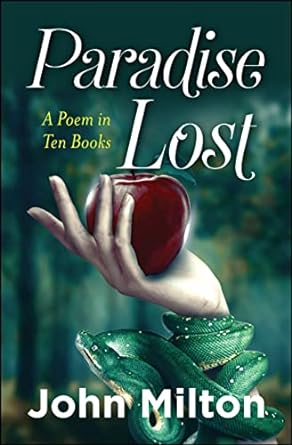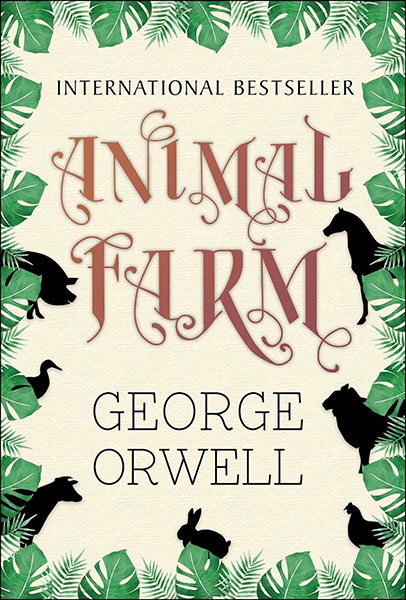
Paradise Lost
Originally published in 1667, ‘Paradise Lost’ is considered to be one of the most classic epic poems ever written by John Milton, an English poet and intellectual who served as a civil servant for the Commonwealth of England.
A classic tale of Biblical legend, the poem relates the stories of the war in heaven, the fall of man, and the temptation of Adam and Eve in the Garden of Eden. First represented in Revelation, Milton portrays the angel Lucifer’s denial of God’s authority over him and the failed rebellion that he leads as a consequence of this belief. Lucifer is cast out of Heaven and into Hell by God for his betrayal.
The temptation of Adam and Eve by Satan and their subsequent fall from innocence forms the other major narrative arc in this poem. As described in the work by Milton his purpose in writing this remarkable masterpiece was to “justify the ways of God to men.” Milton’s work is one of sublime and extraordinary beauty which has inspired readers and been analyzed by critics.
BEST DEALS
About the Author
John Milton was an English poet, polemicist, man of letters, and a civil servant for the Commonwealth of England under Oliver Cromwell. He wrote at a time of religious flux and political upheaval, and is best known for his epic poem Paradise Lost (1667), written in blank verse.
Milton's poetry and prose reflect deep personal convictions, a passion for freedom and self-determination, and the urgent issues and political turbulence of his day. Writing in English, Latin, Greek, and Italian, he achieved international renown within his lifetime, and his celebrated Areopagitica (1644)—written in condemnation of pre-publication censorship—is among history's most influential and impassioned defenses of free speech and freedom of the press.
William Hayley's 1796 biography called him the "greatest English author," and he remains generally regarded "as one of the preeminent writers in the English language," though critical reception has oscillated in the centuries since his death (often on account of his republicanism). Samuel Johnson praised Paradise Lost as "a poem which...with respect to design may claim the first place, and with respect to performance, the second, among the productions of the human mind," though he (a Tory and recipient of royal patronage) described Milton's politics as those of an "acrimonious and surly republican".
Because of his republicanism, Milton has been the subject of centuries of British partisanship.












